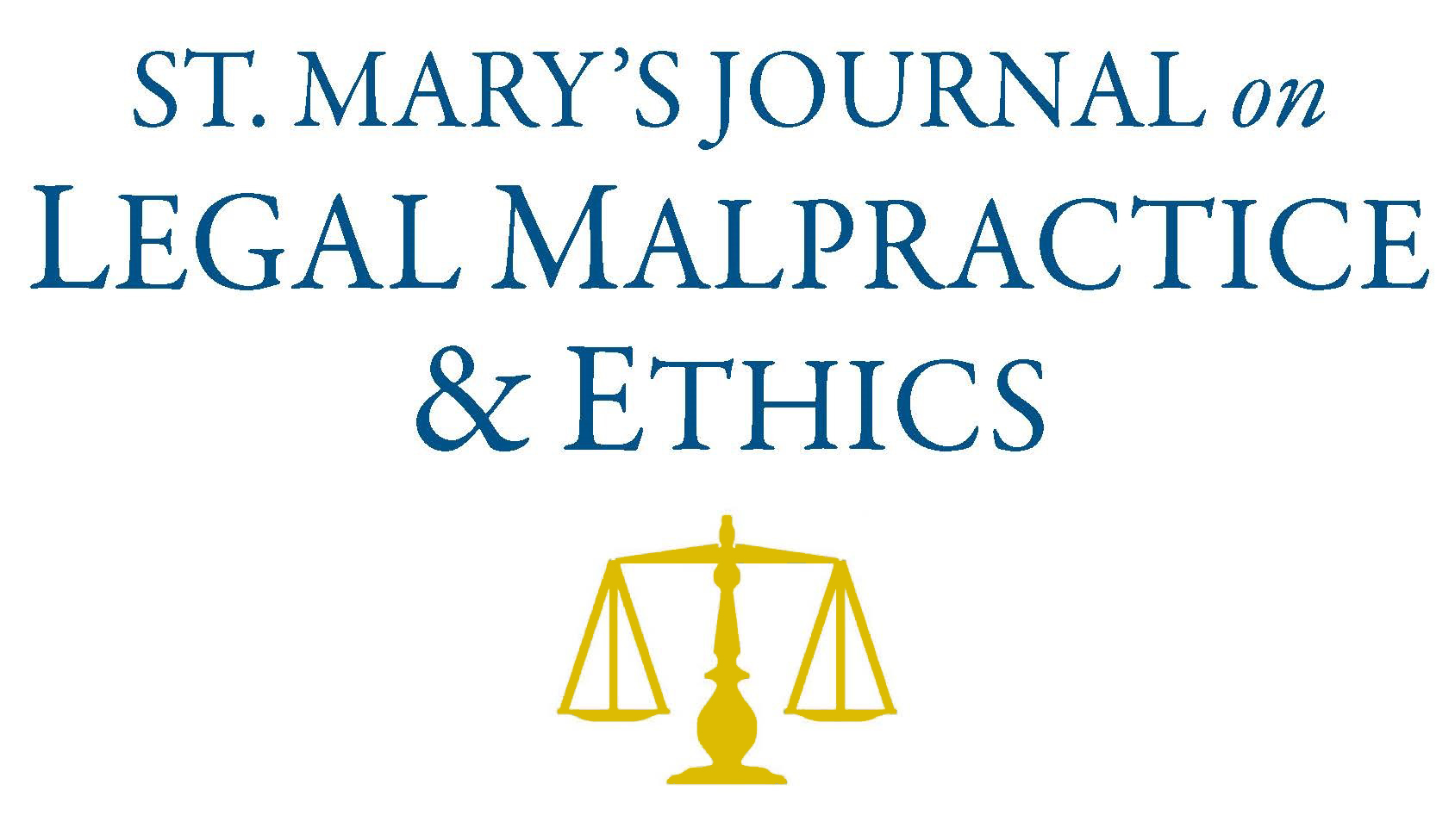
First Page
144
Date Created
1-2020
Publisher
St. Mary's University School of Law
Editor
Robert W. Derner
Last Page
175
Abstract
This comment explains how and why the Texas Disciplinary Rules of Professional Conduct (the “Texas Disciplinary Rules”) should be updated to reflect the modernization of technology. Lawyers must keep abreast of changes in the law and its practices; including those which are technological in nature. The American Bar Association (the “ABA”) recently amended the “technology provisions” of its Model Rules of Professional Conduct (the “Model Rules”); namely Rule 1.1 “Competence” and Rule 1.6 “Confidentiality of Information” in order to keep up with the benefits and risks associated with technology in the legal profession. Additionally, over half of all jurisdictions have enacted rules requiring attorneys to become and remain familiar with technologies which may affect their practices.
The Texas Disciplinary Rules, while generally patterned in accordance with the ABA’s Model Rules, are lagging behind as to technology provisions. Between 2016 and 2017, over 200 law firms based in Texas and elsewhere in the United States were subjected to a threat of cyber breach by hackers. While the implementation of technology provisions to the Texas Disciplinary Rules will not deter cyber-criminals from stealing electronically stored, confidential information, adding such provisions will serve as a proactive step towards protecting sensitive data. Adding technology provisions to the Texas Disciplinary Rules will protect electronically stored law firm data in multiple ways. First, implementing technology provisions will place lawyers on notice of the growing threat of cyber breaches. This will forewarn a lawyer that if he or she does not make reasonable efforts to protect the electronically stored data and a breach occurs, he or she may be subject to disciplinary action and civil liability. Where the implementation does not cause the attorney to safeguard electronically stored client data, the technology provisions will aid courts in determining if civil liability against an attorney is appropriate. Technology in the legal profession is clearly here to stay. It is time to amend the Texas Disciplinary Rules to hold lawyers accountable for failing to take reasonable steps to prevent inadvertent or unauthorized disclosures of client data.
Recommended Citation
Ashley "Nikki" Vega,
Securing Technological Privacy: Modernizing the Texas Disciplinary Rules of Professional Conduct to Protect Electronic Data,
10
St. Mary's J. on Legal Malpractice & Ethics
144
(2020).
Available at:
https://commons.stmarytx.edu/lmej/vol10/iss1/9
Included in
Computer Law Commons, Information Security Commons, Legal Ethics and Professional Responsibility Commons, Legal Profession Commons, Legal Remedies Commons, State and Local Government Law Commons

